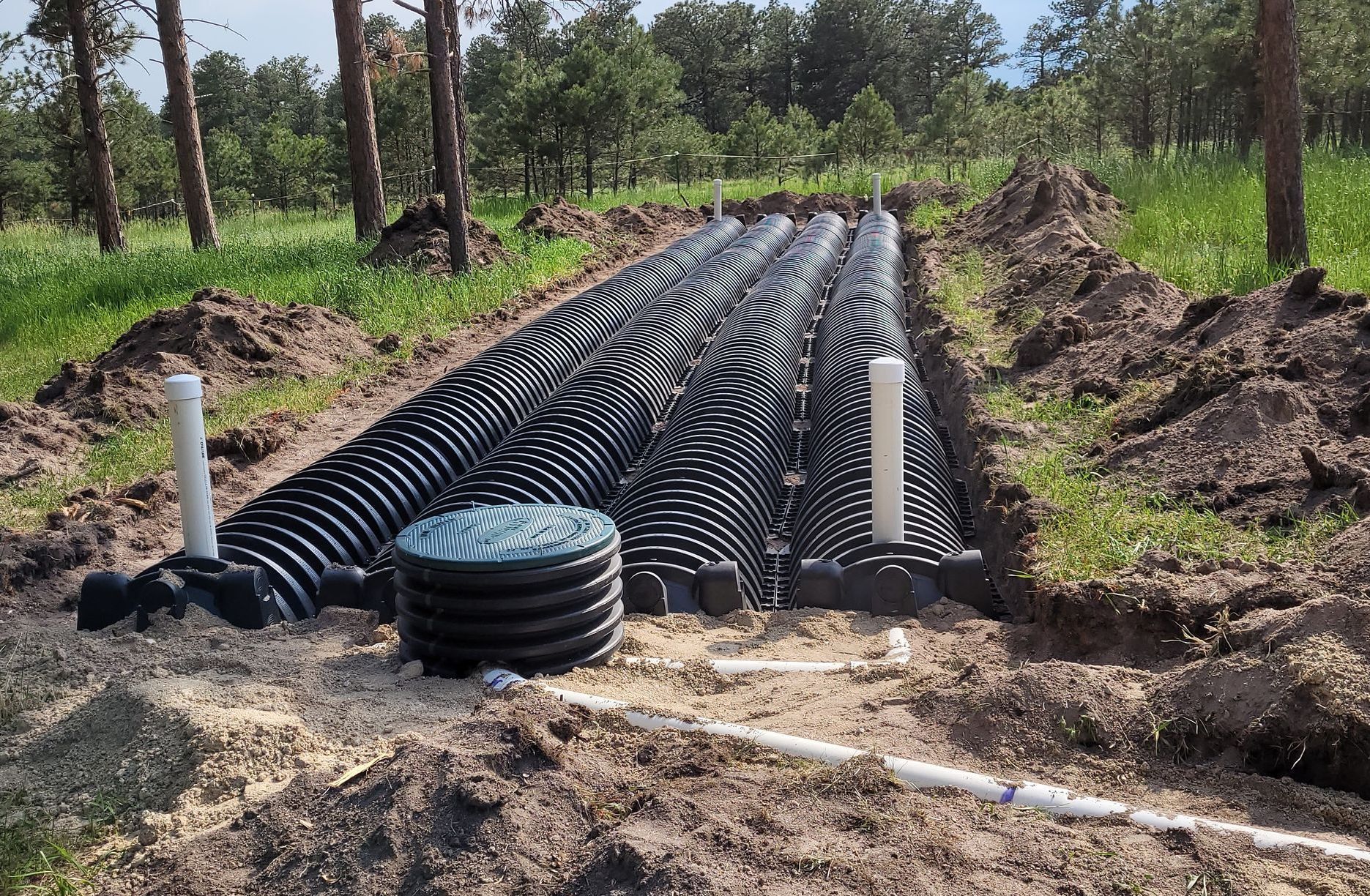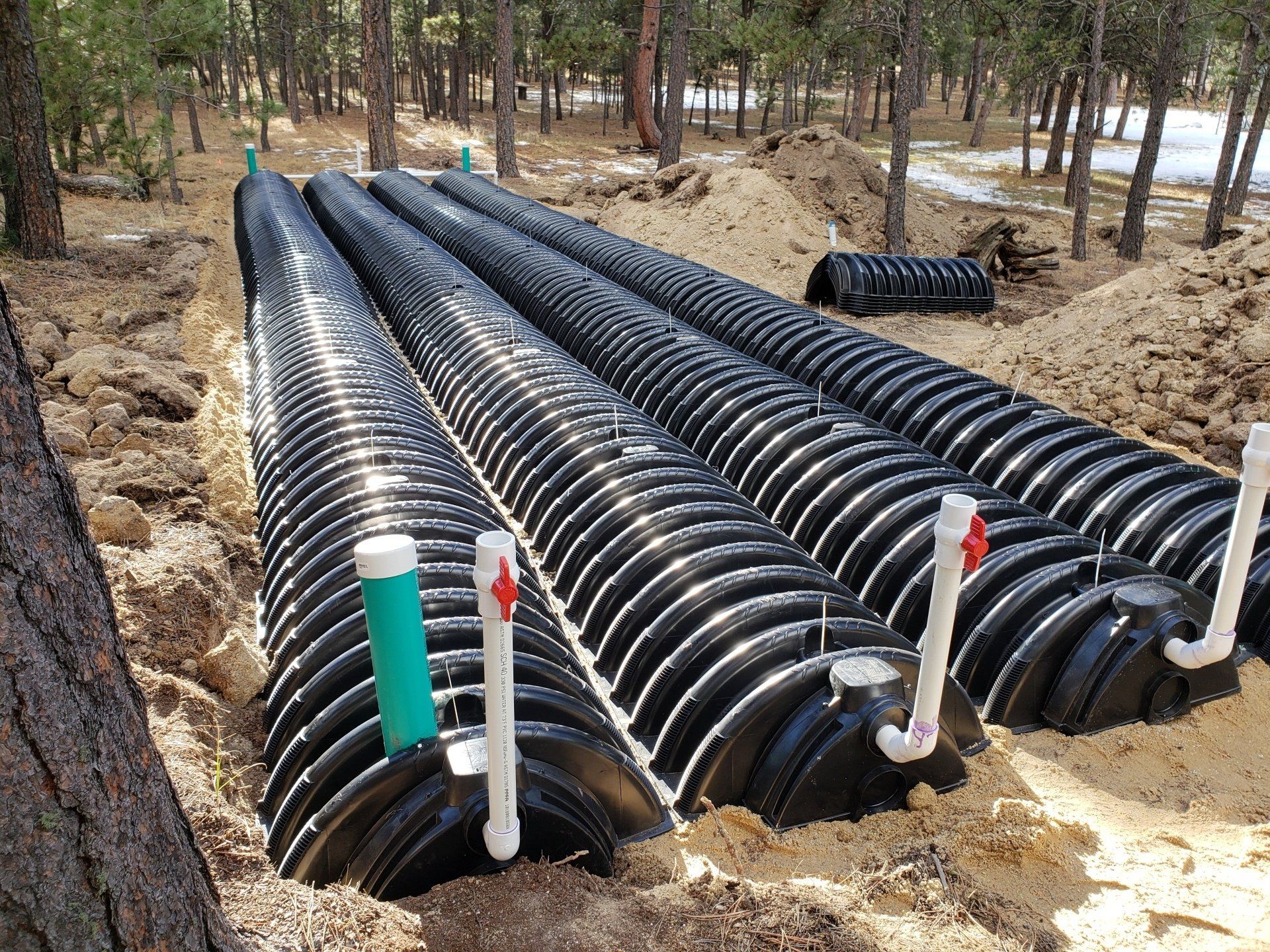By Marissa Voleta
•
February 22, 2024
In the realm of wastewater management, the role of a skilled and knowledgeable septic engineer cannot be overstated. As we navigate the challenges of maintaining clean and sustainable environments, particularly in regions characterized by diverse climates, the significance of a licensed septic engineer becomes even more pronounced. In this blog post, we will delve into the essential reasons why hiring a specialized septic engineer during the spring season is paramount for effective wastewater solutions. Seasonal Challenges: Spring brings with it unique challenges for septic systems. Thawing ground, increased precipitation, and fluctuating temperatures can significantly impact the functionality of septic systems. A septic engineer is well-versed in understanding these seasonal nuances and can implement strategies to mitigate potential issues, ensuring the smooth operation of your septic system. Preventing Spring Thaw Issues: The thawing of frozen ground during spring can lead to drainage problems and potential damage to septic systems. A qualified septic engineer can assess the vulnerability of your system to spring thaw runoff, recommending preventive measures such as proper insulation, drainage solutions, and system upgrades to withstand the seasonal changes. Optimizing Drainage in Wet Conditions: Spring often brings increased rainfall, leading to saturated soil conditions. Septic systems rely on proper drainage to function effectively. A septic engineer can evaluate your property's drainage capabilities, recommending adjustments or enhancements to prevent waterlogging and maintain the optimal functioning of your septic system. Routine Maintenance and Inspection: Spring serves as an ideal time for routine maintenance and inspection of septic systems. Engaging a septic engineer during this season allows for a thorough assessment of the system's components, including tanks, pipes, and drainage fields. Identifying and addressing potential issues early on can prevent costly repairs and ensure the longevity of your septic system. Environmental Considerations: Sustainable wastewater management is crucial for environmental preservation. A septic engineer understands the ecological impact of septic systems and can offer eco-friendly solutions, such as implementing advanced treatment technologies or recommending practices that minimize the environmental footprint of your wastewater disposal. Conclusion: In conclusion, recognizing the importance of a septic engineer is integral to maintaining a reliable and sustainable wastewater management system. By addressing seasonal challenges, preventing issues related to spring thaw, optimizing drainage in wet conditions, conducting routine maintenance, and considering environmental factors, a specialized septic engineer plays a pivotal role in safeguarding both your property and the surrounding environment. Make informed decisions this spring by prioritizing the expertise of a qualified septic engineer for the well-being of your septic system and the community at large.






